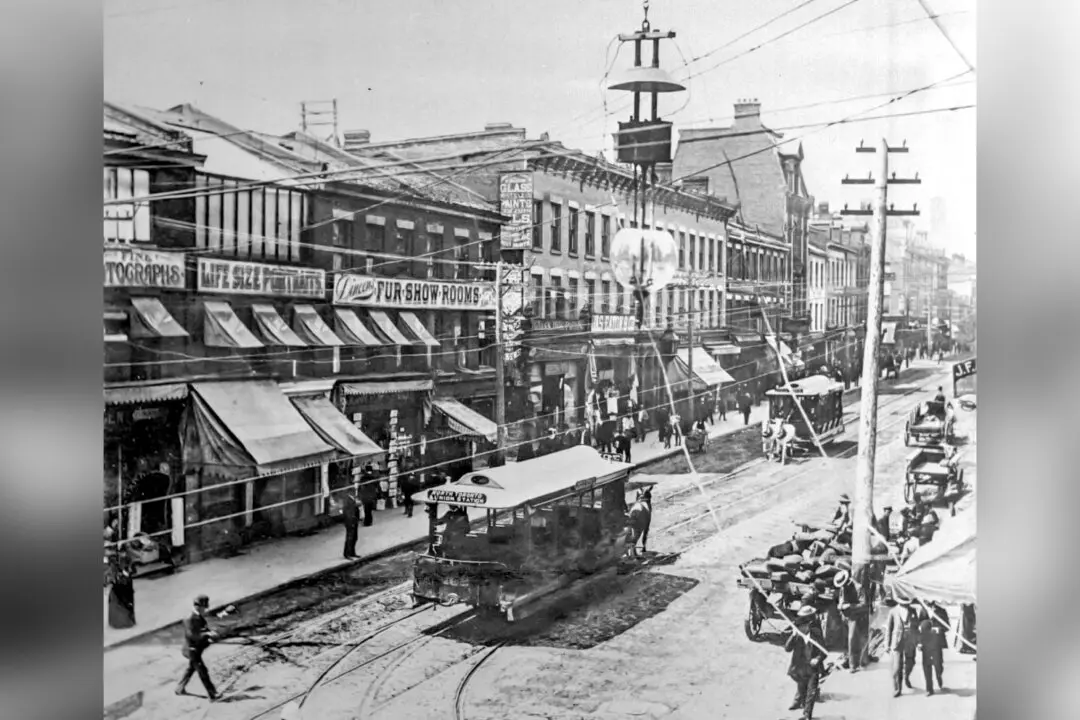Commentary
For over 200 years from 1630, Japan followed a policy of strict national exclusion. Japanese citizens were not allowed to leave the country and foreigners were, with the exception of Dutch ships at a single port, forbidden to land. A rigid social structure enforced a feudal system and political power was in the hands of the shogun, a title reserved for the head of the Tokugawa clan. The emperors, though accorded sacred reverence, were kept in isolation.





